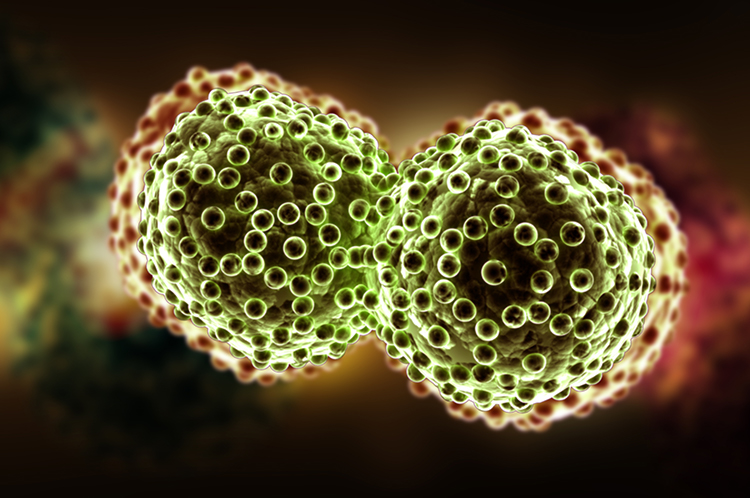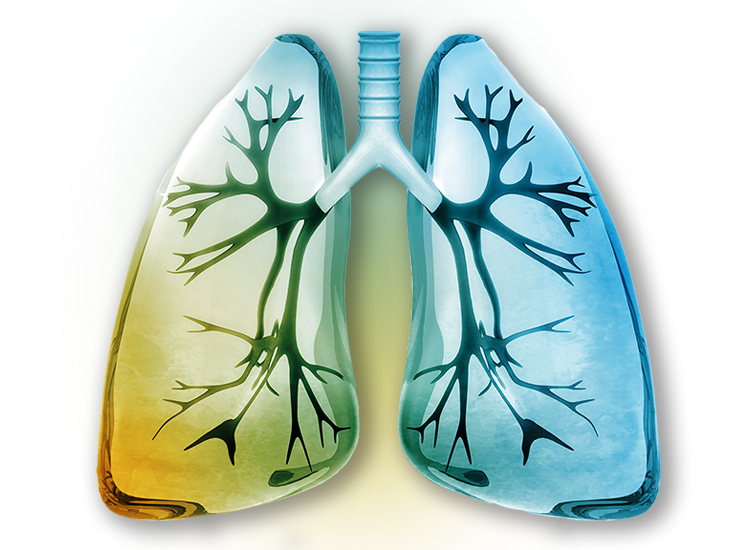Pulmonary
Inotiv’s Pulmonary Research offers advanced models and expert services to expedite development of safe and effective respiratory treatments.

Breathing New Life into Respiratory Treatments
Welcome to Inotiv’s cutting-edge Pulmonary Research, where innovation meets excellence in the pursuit of advancing respiratory health. Our commitment to groundbreaking drug discovery and development with state-of-the-art methodologies propels us to the forefront of pulmonary research and development. With a multidisciplinary approach to drug discovery and development and a team of renowned experts with cutting-edge technologies at our disposal, we are uniquely positioned to address the most pressing challenges in multiple therapeutic areas such as pulmonary research.
Whether you are investigating novel therapeutics for respiratory diseases, assessing the safety and efficacy of new compounds, or conducting preclinical studies to evaluate pulmonary toxicity, our capabilities are tailored to meet the diverse needs of our clients across the pharmaceutical, biotechnology, and medical device industries.
At Inotiv, we leverage advanced analytical techniques and predictive modeling to accelerate the development of respiratory therapies and ensure their safety and efficacy. Our comprehensive suite of services encompasses in vitro and in vivo studies, biomarker analysis, pulmonary function testing, and histopathological assessments, enabling us to provide actionable insights and data-driven solutions that drive informed decision-making throughout the drug discovery and development process.
Research and Discovery
- Research Models
- Browse our portfolio of standard research models
- Disease Pharmacology
- Access our disease pharmacology models for pulmonary research
- Genetically Engineered Models and Services (GEMS)
- View our database of specialized GEMS rodent models
- Surgical Models
- Review our catheterized and specialized surgical models
5 Steps to Take Your Pulmonary Research from Question to Answer
Define the Research Question and Hypothesis
What specific lung disease or respiratory issue are you interested in? What do you think might be the cause, mechanism, or potential treatment, and how will you test it?
Literature Review and Target Identification
Research existing studies on your chosen topic. Identify key players (molecules, cells, pathways) involved in the lung function or disease you’re studying.
Choose Your Model System
Depending on your research question, you might utilize: In vitro models: Cell cultures that mimic lung tissue function; In vivo models: Animals like mice, rats, or guinea pigs with induced respiratory issues; Human studies: For specific stages of research, involving healthy volunteers or patients with respiratory conditions.
Design Your Experiments
Develop experiments to test your hypothesis. This could involve exposing cells or animals to potential treatments, pollutants, or irritants and measuring various markers of lung function, inflammation, or injury.
Data Analysis and Interpretation
Analyze the data you collect from your experiments. Look for patterns and statistically significant results to support or refute your hypothesis. This data will be used to draw conclusions and potentially inform future research directions.

Related Pulmonary Insights
- Efficacy of an inhaled PDE4 inhibitor, GSK256066, delivered by a novel dry powder pre-clinical inhalation delivery system in the acute cigarette smoke induced pulmonary inflammation model [Scientific Poster]
- Helping you achieve your life’s work [Case Study]
- Pathological review of genetically modified mouse lung tissue [Case Study]

Investigate New Research
On Immunodeficient Mice and Lung Cancer Metastasis
Watch Webinar Watch Webinar




